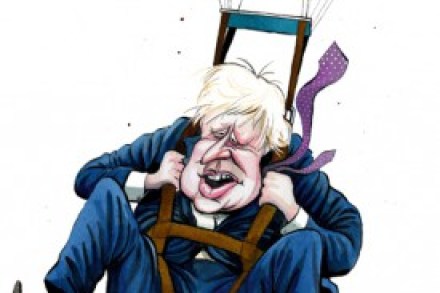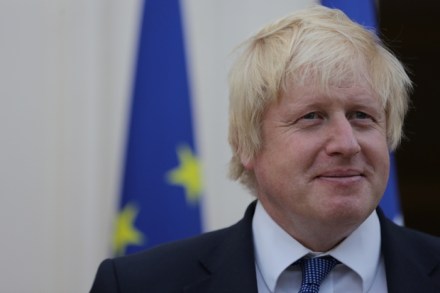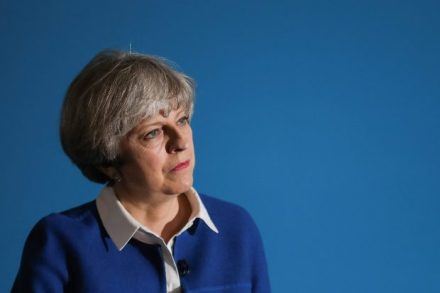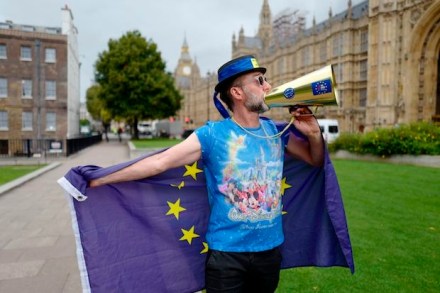Roger Bootle: A post-Brexit Britain could be ‘more open, less protectionist and more competitive’
One of the City’s best-known economists, Roger Bootle, discusses whether a success could be made from Brexit, just over a year after Britain to leave the European Union. Bootle begins by explaining the ‘overblown’ nature of the ‘European Single Market’ concept: I don’t think what has been clearly said or argued is that the [European] ‘Single Market’ is vastly overblown. There are advantages and disadvantages of not being part of it. However, I do think it has become a protectionist entity. The original idea for a [European] ‘Single Market’ was a British one supported by former Conservative Prime Minister, Margaret Thatcher. The idea behind the [European] ‘Single Market’ was to




















